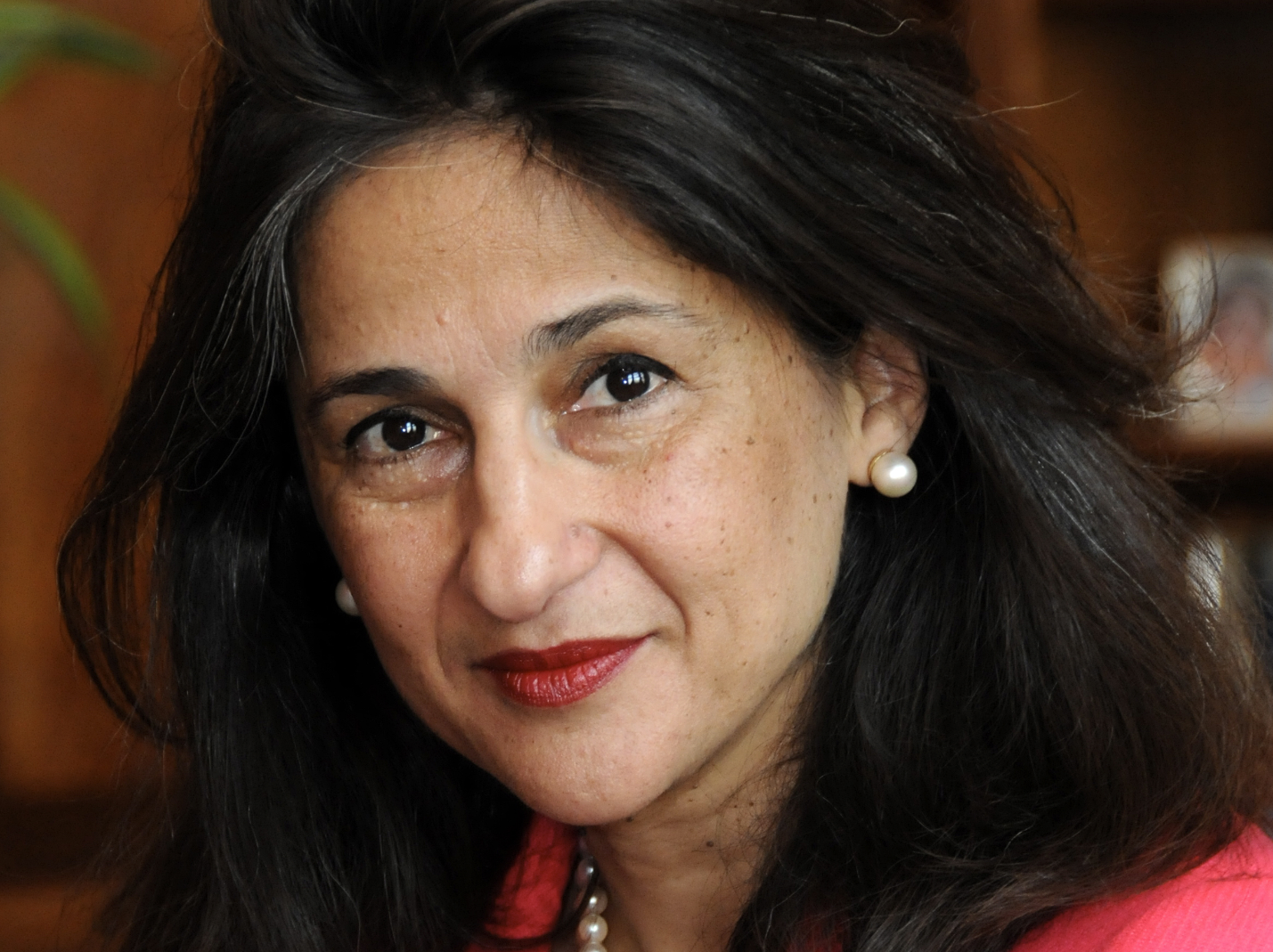
When Nemat “Minouche” Shafik became the first woman to serve as president of Columbia University, expectations were high. Yet, in just over a year, her tenure was dominated by controversy as Columbia emerged as the epicenter of pro-Palestinian protests following Hamas’s October 7 attack on Israel and the ensuing war in Gaza.
Demonstrators occupied campus buildings, even holding custodial staff hostage, while Jewish students reported feeling unsafe and unprotected by university leadership. Shafik was widely criticized for allowing the unrest to fester, but when she finally acted by calling in New York police to clear the protests, she was condemned again.
Forty-six students were arrested, hundreds were suspended, and hundreds of faculty staged walkouts in opposition to her handling of the crisis. Columbia’s spring commencement was ultimately cancelled. The cumulative effect was a portrait not of steady crisis management but of an administration adrift, unable to satisfy either side and leaving the university fractured.
Against this backdrop, Shafik’s next appointment is striking: she has been named Chief Economic Adviser to the Prime Minister of the United Kingdom.
To be fair, economic policy has long been her professional domain; she has spent much of her career in senior economic roles at the World Bank, the IMF, and the London School of Economics. Advising on fiscal matters may indeed be a better fit for her expertise.
But the juxtaposition remains: after presiding over one of the most turbulent chapters in an American university’s history, she steps into one of Britain’s most influential policy posts.
For insights on higher education worldwide, explore our Minding the World column.
Image: “Nemat Shafik Portrait” by UK’s Department for International Development on Wikimedia Commons